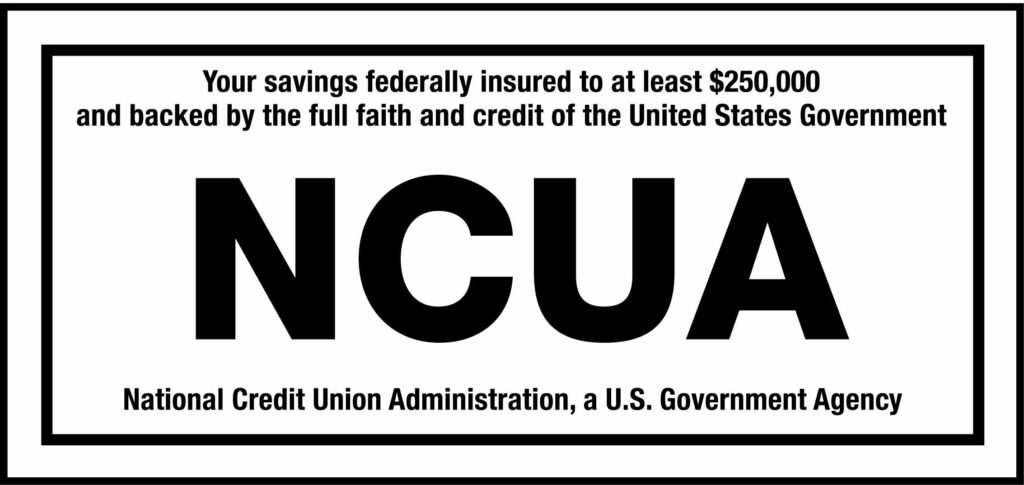Avoiding Holiday Fraud and Reporting Lost Cards
Avoiding Holiday Fraud
The festive season means fun with friends and family, goodwill, and giving. Sadly, ’tis also a prime time for cybercrooks to cook up nefarious schemes.

A few scams are specific to the holidays, but most are variations on everyday fraud, ramped up to match seasonal spikes in spending and web traffic. Not surprisingly, they often center on shopping, especially online. As real retailers roll out their seasonal deals, scammers seek to snare bargain-hunting shoppers with bogus websites and social media campaigns that impersonate major brands. These “spoofing” sites and fake posts entice you to spend money for products you’ll never receive.
Further, many are vehicles for harvesting credit card numbers and other personal data that criminals use to commit identity theft or sell on the dark web. Scammers may distribute malware-loaded links or attachments via supposed coupon offers or “order confirmation” emails. Fraud involving drained gift cards — hugely popular for both giving and receiving — also shift into high gear.
Warning Signs
- Huge discounts on hot gift items, especially when touted on social media posts or unfamiliar websites.
- Spelling errors or shoddy grammar on a shopping website or in an email or text.
- An unsolicited email that asks you to click on a link or download an app to access a deal or arrange a delivery.
- Pressure from a charity fundraiser to donate right away.
How to protect yourself from this scam
- Rather than clicking on a link from an email or text to a hot deal, go to your web browser and type in the web address of the company purportedly offering said great deal.
- Pay by credit card. This way you can dispute charges and limit the damage if the transaction was fraudulent.
- Buy gifts cards online directly from the issuing business instead of from a retail rack, where the cards can be tampered with. When receiving a gift card as a present, register it if that’s an option, and use it sooner rather than later.
- Avoid conducting any business online (making a purchase, donating, accessing password-protected sites) while using a public Wi-Fi network unless you employ a virtual private network (VPN).
- Pushy charities could be an indicator that the cause is bogus; legitimate charities will accept your donations on your own timeline.
- Anytime you are prompted to make a purchase or a donation by wire transfer or gift card, it is a scam.
If you believe you’ve been a victim, or your cards are lost or stolen
Report Fraud
To open a fraud case: 866.279.1399
CREDIT CARDS
To report fraud on your CREDIT card or if it has been lost or stolen, please call 1-800-558-3424. Representatives are available 24 hours a day, 365 days a year. (For missionaries who are unable to call 800 numbers, please call 1-701-461-0125.)
DEBIT CARDS
STEP 1:
Call the number below that applies to you.
Stateside (in the U.S.) Monday-Friday 8 a.m. – 5 p.m. : 1-833-933-1681
or during business hours call AGCU 866-508-2428
After Hours: 855-961-1602 and speak with Fraud Detection.
International: 1-812-647-9794
STEP 2:
ALWAYS call AGCU for a replacement card after reporting a lost or stolen card and speak with a Member Care Representative. Do not depend on email, speak to a person!
EMAIL SOLICITATION
AGCU will never solicit you for information about your account in an email or over the phone.
The NCUA (National Credit Union Administration) has no personal information on our membership. Email posing to be from the NCUA is false and an attempt to obtain your personal financial information.
If you have moved, we may contact you to verify your current address.
If you are suspicious of an email appearing to be from AGCU, please call us to verify its validity.
Banking With A Purpose
Much more than a catchphrase, our tagline is our passion, our reason why we do what we do. This is the impact of your membership with AGCU.
Learn More About Banking with a Purpose




